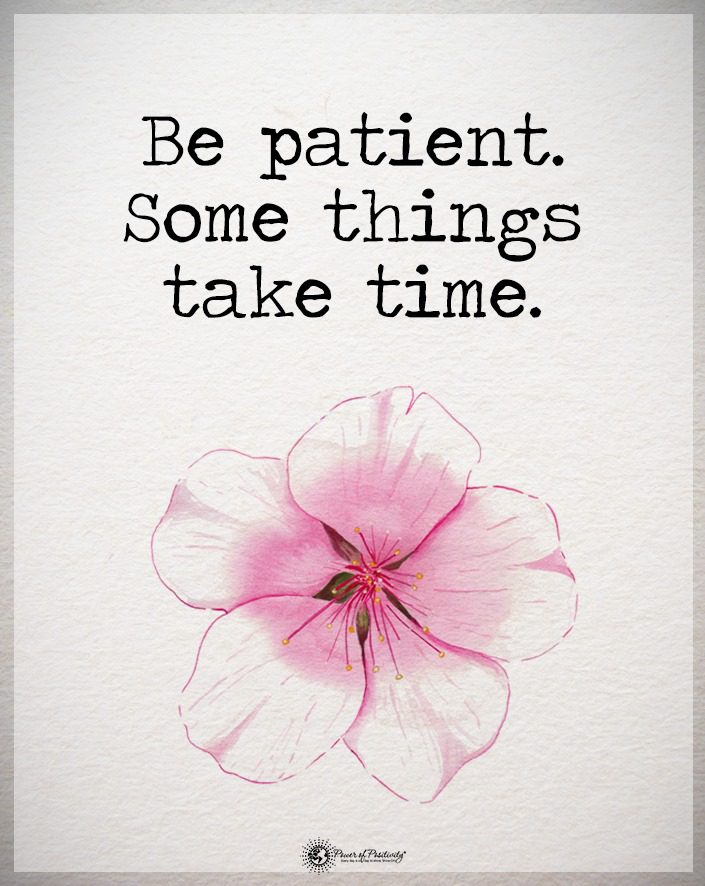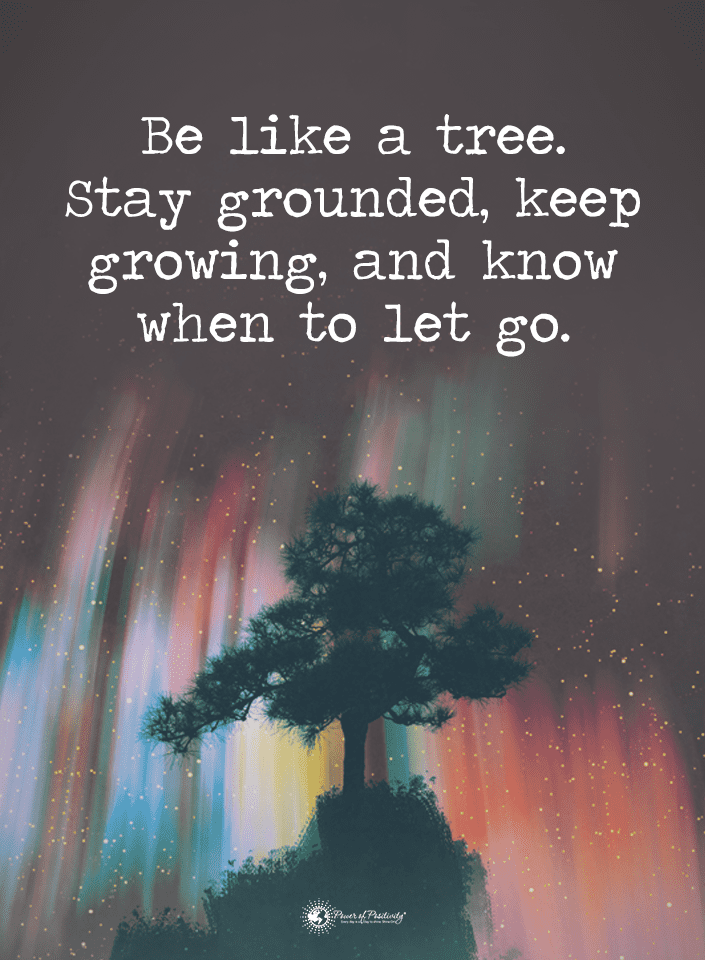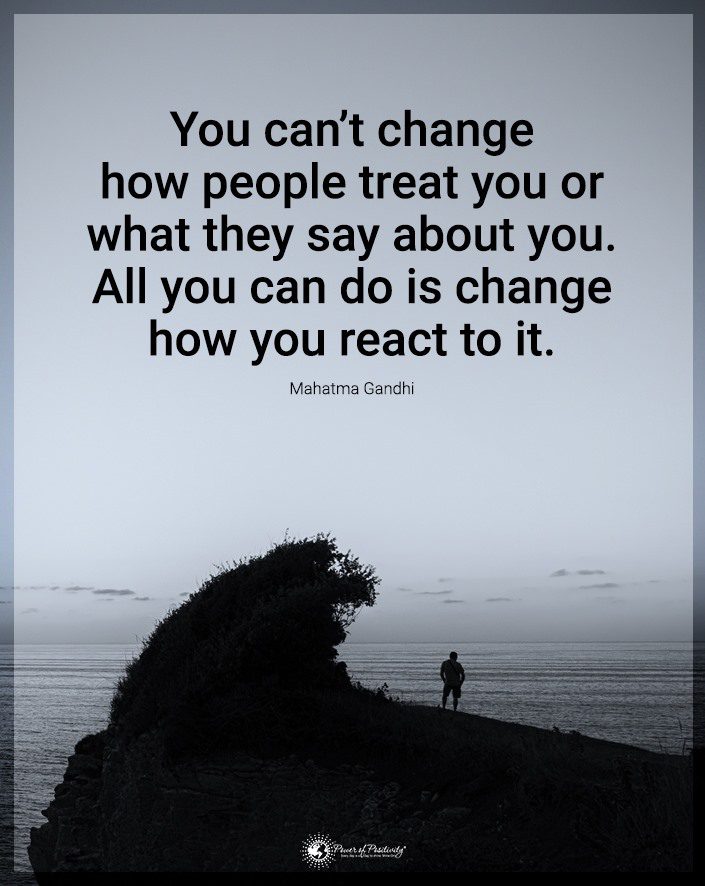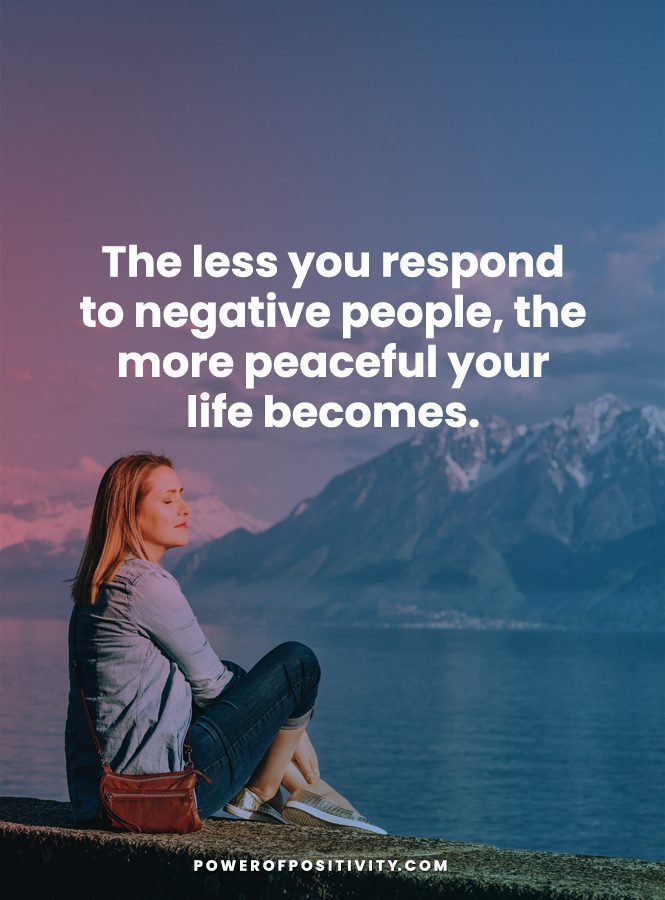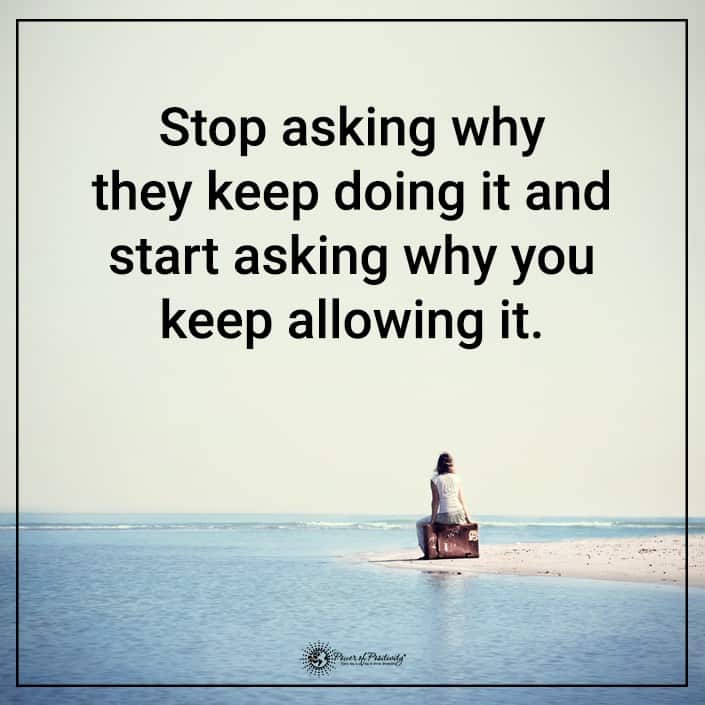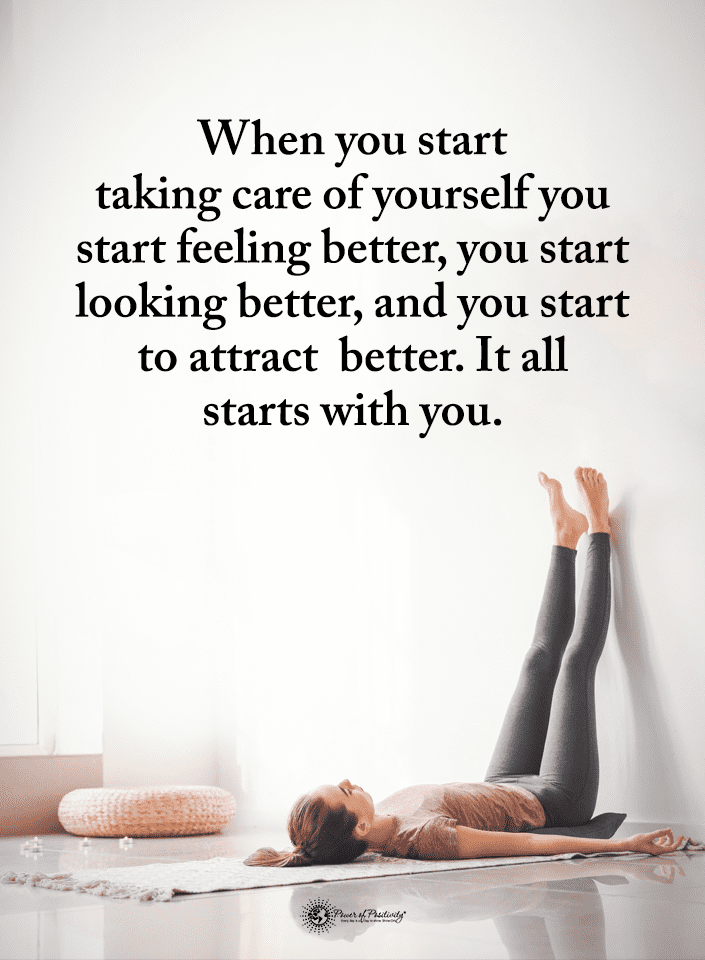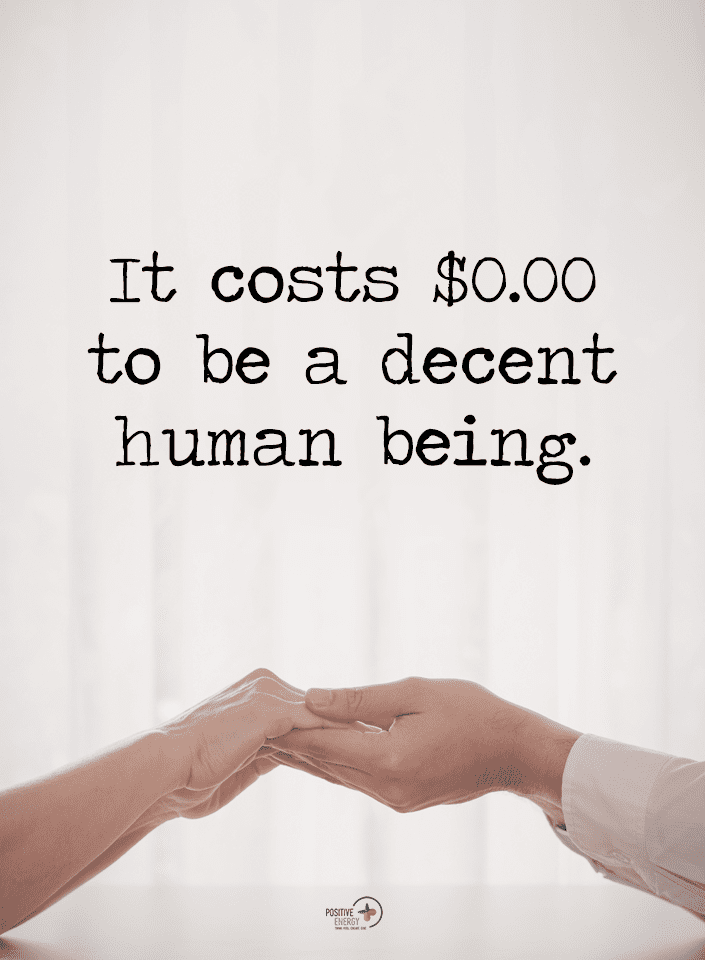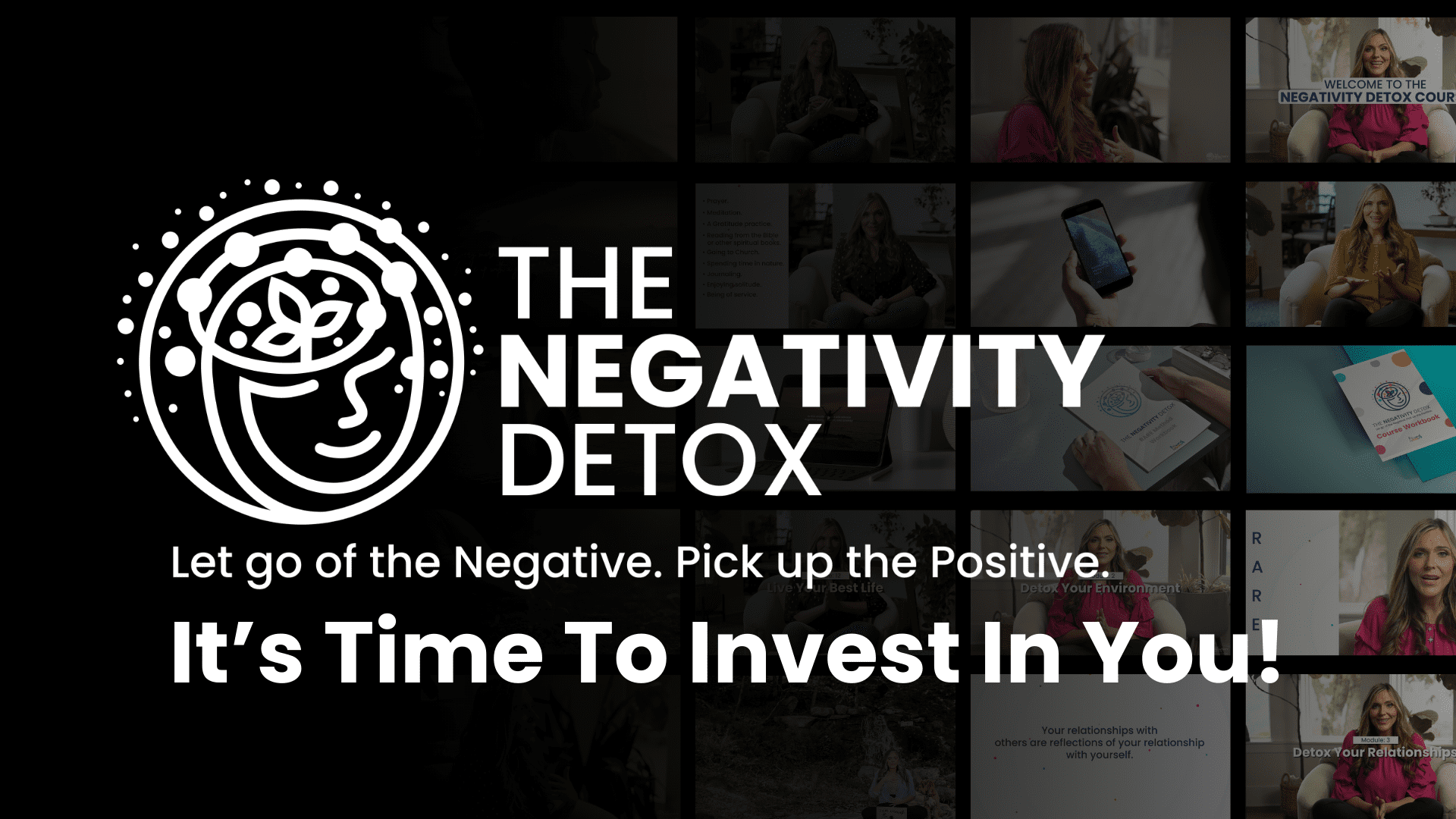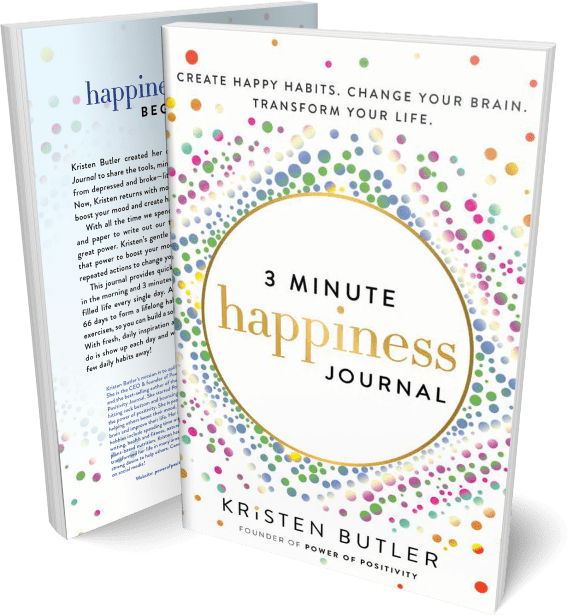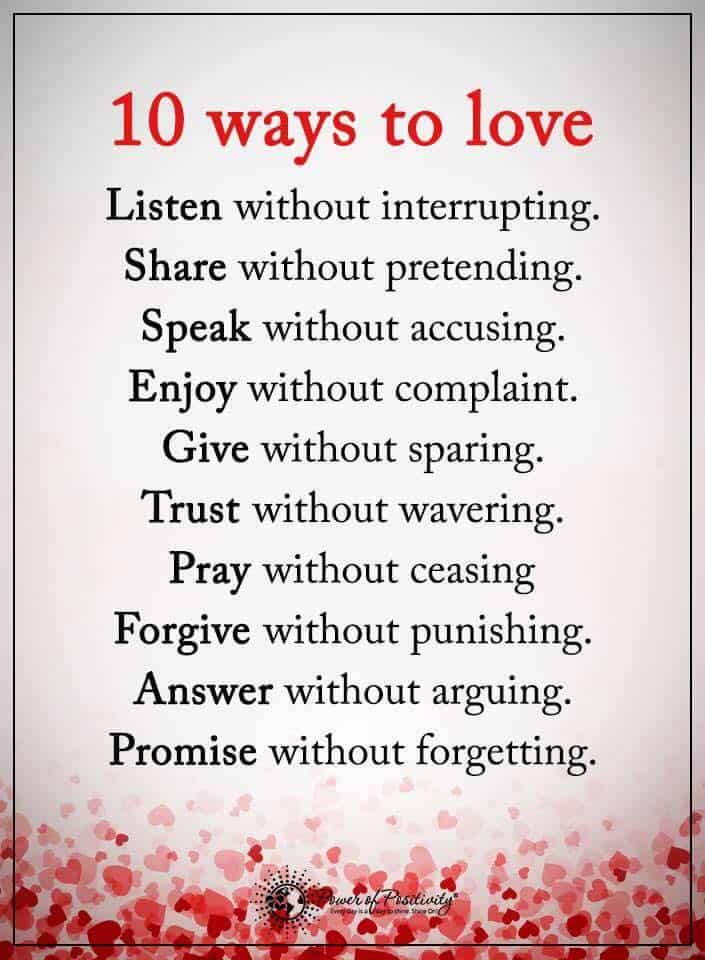Here are some things that perfectly explain insecure partners.
Imagine navigating a relationship as if walking through a house of mirrors. Each reflection, distorted and exaggerated, presents a version of yourself and your partner skewed by the lens of insecurity. Just like in this maze of mirrors, feeling insecure distorts our perception, making it challenging to see the reality of our partnership. It can magnify doubts, twist communication, and create shadows where none exist. This phenomenon is not just a fleeting feeling but a pervasive issue that can deeply affect the health and longevity of relationships.
Insecurity in relationships is a silent tide, often rising unnoticed until it floods the very foundations of a partnership. It’s a common experience, yet a complex web of psychological factors uniquely shapes each person’s struggle with it.
This article will explore these underlying causes, shedding light on the often invisible roots of insecurity. By understanding what lies beneath these insecure emotions, couples can navigate out of the distorted house of mirrors and into a clearer, more secure relationship.
Understanding Insecurity in Relationships
Insecurity in a relationship is like an undercurrent, often unseen but powerful enough to sway the dynamics between partners. Being insecure means a feeling of uncertainty or anxiety about one’s self-worth, value, or the relationship’s stability. Unlike occasional worries or fears, which are common in any relationship, insecurity is more pervasive and can significantly impact both partners’ emotional well-being and the relationship’s overall health.
This condition is not about the occasional doubt but a consistent pattern of thought and behavior. Insecure feelings manifest in several ways, from persistent self-doubt to an unshakeable feeling of being unworthy of one’s partner. It’s important to differentiate between normal, fleeting concerns in any relationship and the deeper, more chronic sense of insecurity that can erode trust and intimacy.
Understanding insecurity in relationships requires a look beyond surface-level symptoms. It’s about recognizing the deeper psychological underpinnings that drive these feelings. This understanding is crucial for addressing the root causes and not just the symptoms, paving the way for healthier, more secure relationships.
5 Behaviors That Reveal Insecurity in Your Partner
- Excessive Jealousy: Constant questioning about your interactions with others. It may also present as suspicion can indicate deep-seated insecurity.
- Need for Constant Reassurance: Seeking frequent affirmation of your love, commitment, or attraction comes from self-doubt.
- Avoidance of Vulnerability: Shying away from deep emotional discussions or showing reluctance to express true feelings can be their defense mechanism against perceived rejection.
- Overly Critical or Defensive: An insecure partner may react defensively to feedback, which can signal feelings of inadequacy.
- Control or Dependency Issues: Attempts to control your actions or decisions may reflect internal insecurity. It may also feel like they over-rely on you for emotional support.
Psychological Roots of Insecurity
Insecure feelings often stem from deeper psychological issues that go back to many sources. Understanding these roots is essential for addressing and mitigating feelings of insecurity.
- Attachment Styles: A child’s attachment style plays a key role in shaping how individuals form and maintain relationships in adulthood. Those with anxious or avoidant attachment styles, often resulting from inconsistent caregiving in childhood, may find themselves grappling with insecurity in their romantic relationships. Anxious attachment can lead to a fear of abandonment and a constant need for reassurance, while avoidant attachment might manifest as emotional distancing and independence, masking underlying insecurities.
- Self-Esteem Issues: A person’s overall sense of self-worth significantly influences their feelings of security in a relationship. Low self-esteem can make individuals doubt their value in the relationship, leading to insecurity. This doubt can stem from internal beliefs or external factors such as past trauma or societal pressures.
- Past Relationship Traumas: Previous negative experiences in romantic relationships, such as betrayal or rejection, can leave lasting scars. These experiences can lead to increased insecurity, as individuals may project past hurts onto current relationships, fearing the repetition of these painful experiences.
- External Influences: Cultural norms and societal expectations can worsen feelings of insecurity. For instance, the portrayal of ‘ideal’ relationships can create unrealistic benchmarks. Thus, it leads people to question the adequacy of their relationships.
- Communication Gaps: Inadequate or ineffective communication between partners can fuel insecurity. Misunderstandings often arise without open or honest communication, leading to uncertainty and doubt about the relationship’s stability and the partner’s feelings.
By identifying and understanding these psychological roots, individuals and couples can begin to address the underlying causes of insecurity in their relationships. This understanding is crucial to a more secure and fulfilling partnership.
External Factors Contributing to Insecurity
While internal psychological factors play a significant role in where there’s insecurity within relationships, external influences can also contribute. These factors often interact with personal vulnerabilities. That’s because they worsen insecure feelings.
- Social Media Influence: Today’s social media platforms are a double-edged sword. They provide connectivity but often portray idealized relationships, leading to unrealistic expectations. Constant exposure to these idealized images can make individuals question the quality and strength of their relationships, fueling insecurity.
- Life Stressors and Changes: External pressures such as financial difficulties, job stress, health issues, or significant life changes can strain a relationship. These stressors can distract from the relationship, leading to neglect or miscommunication and, subsequently, feelings of insecurity about the relationship’s stability and future.
- Influence of Friends and Family: Opinions and attitudes of friends and family can significantly impact one’s perception of their relationship. Negative feedback or comparisons can sow seeds of doubt and insecurity, especially if these opinions conflict with the individual’s experiences or perceptions.
Recognizing these external factors is crucial in understanding and addressing the roots of relationship insecurity. Couples can work toward a more stable, trusting relationship when acknowledging these influences.
Strategies for Healing with an Insecure Partner
Addressing and overcoming insecurity in a relationship requires effort from both partners. Here are some effective strategies:
- Building Trust: Trust is the root of a secure relationship. Building trust involves consistent, reliable behavior over time. Partners should strive to be dependable, keep promises, and show integrity.
- Enhancing Communication: Open and honest communication is key to overcoming insecurity. Partners should practice active listening, express their feelings and concerns without judgment, and encourage an environment where both feel safe to share vulnerabilities.
- Individual Growth: Personal development plays a crucial role in combating insecurity. It includes working on self-esteem and engaging in activities that boost a sense of accomplishment. It also means seeking personal hobbies or interests that build confidence.
- Understanding and Empathy: Both partners should strive to understand each other’s insecurities and show empathy. Acknowledging and validating each other’s feelings, without necessarily trying to ‘fix’ them, can foster emotional closeness and understanding.
- Setting Boundaries: Establishing healthy boundaries is essential. That includes respecting each other’s privacy, understanding limits, and communicating clearly about what is and isn’t acceptable behavior.
- Seeking Professional Help: Sometimes, overcoming deep-rooted insecurities requires professional guidance. Therapy or counseling can provide strategies to address insecurities and strengthen the relationship.
- Mindfulness and Self-Reflection: Practices like mindfulness can help those with insecurity stay grounded in the present moment. Thus, they may reduce anxiety about the future or ruminations about the past. Self-reflection can also help understand the sources of one’s insecurities and how they manifest in the relationship.
- Positive Reinforcement: Regularly expressing appreciation, love, and gratitude can reinforce a sense of security in the relationship. Positive reinforcement helps in building a more affirming and supportive partnership.
Couples can use these techniques to reduce the impact of insecurity in their relationship. Thus, you create a more stable, fulfilling, and secure partnership.
Final Thoughts on Helping Insecure Partners
Remember the house of mirrors analogy from earlier? That maze represents the complexities of a relationship tinged with insecurity. But finding a path back to the real world is an endpoint partners can reach if they work together. Navigating through a maze of distorted reflections requires patience, communication, and a steady hand. So does addressing the challenges of insecurity in a relationship.
Partners must hold onto each other, providing support and reassurance as they move past the distorted images of doubt and fear. Building trust is like finding clearings in the maze, moments free from the distortions of insecurity.
Open and honest communication guide this journey of open dialogue. As a result, the reflections align more closely with reality, diminishing the power of insecurity.
Individual growth and self-reflection are like a reliable map in this maze. Understanding the insecurity contributes to a smoother path forward. It shines a light on the darker corners of the maze, revealing new pathways to the exit.
Empathy and understanding are the mutual support needed to keep moving forward. That’s how partners can slowly dismantle the mirrors of insecurity, replacing them with windows of transparency and trust.
Sometimes, the house of mirrors might be too complex to exit alone. So, professional guidance can become an experienced guide. Therapists can provide the tools and insights needed to find the way out more efficiently and healthily.
As partners work together, they gradually find their way out of the house of mirrors, stepping into the real world where a healthy, secure, and loving relationship awaits. This healing can enrich, leading to a deeper understanding and stronger bond between partners. Ultimately, the maze of insecurity is not an insurmountable obstacle but a transformative journey that can lead to a more profound and fulfilling partnership.

